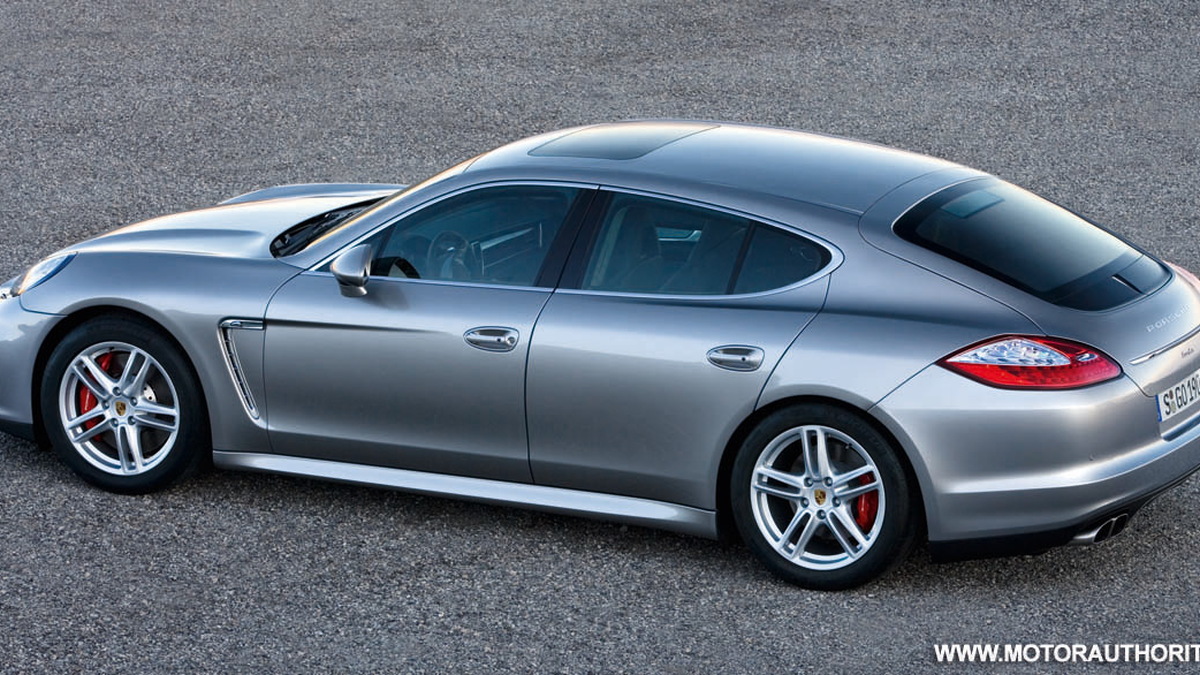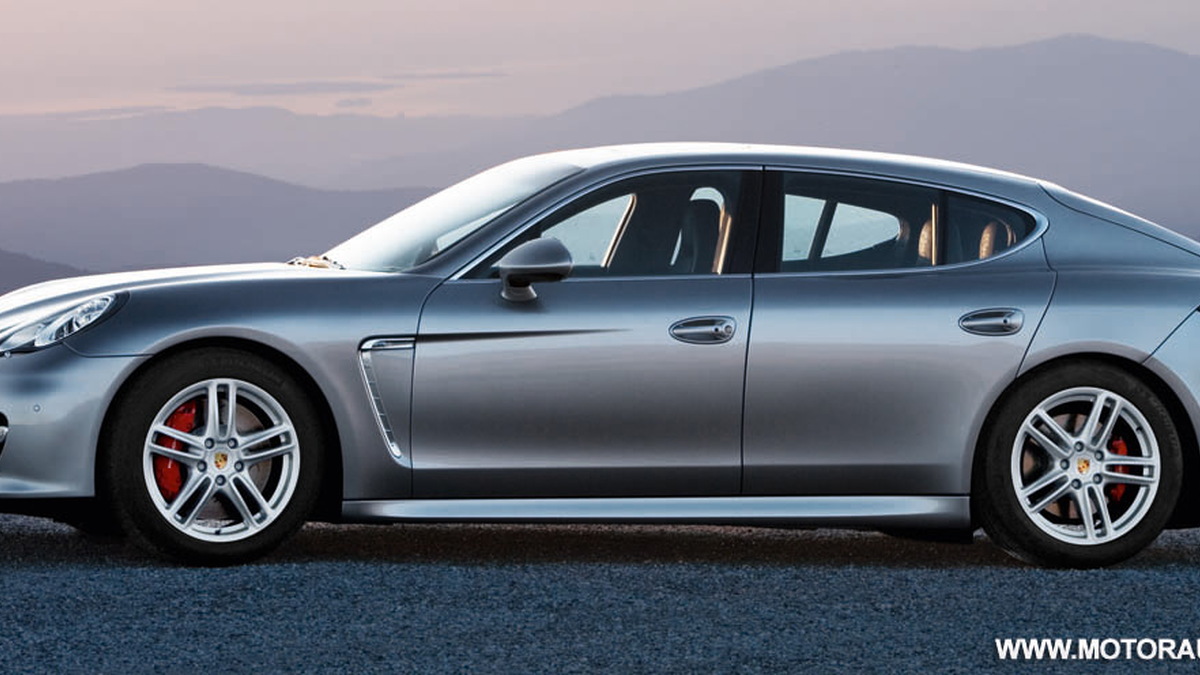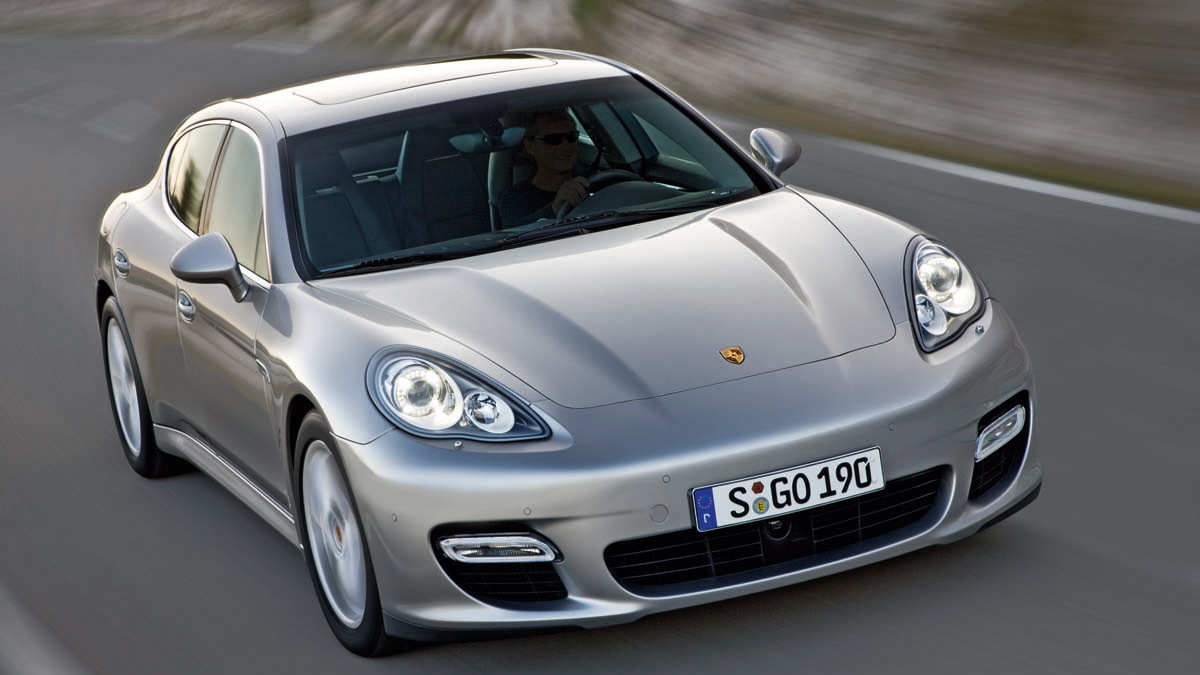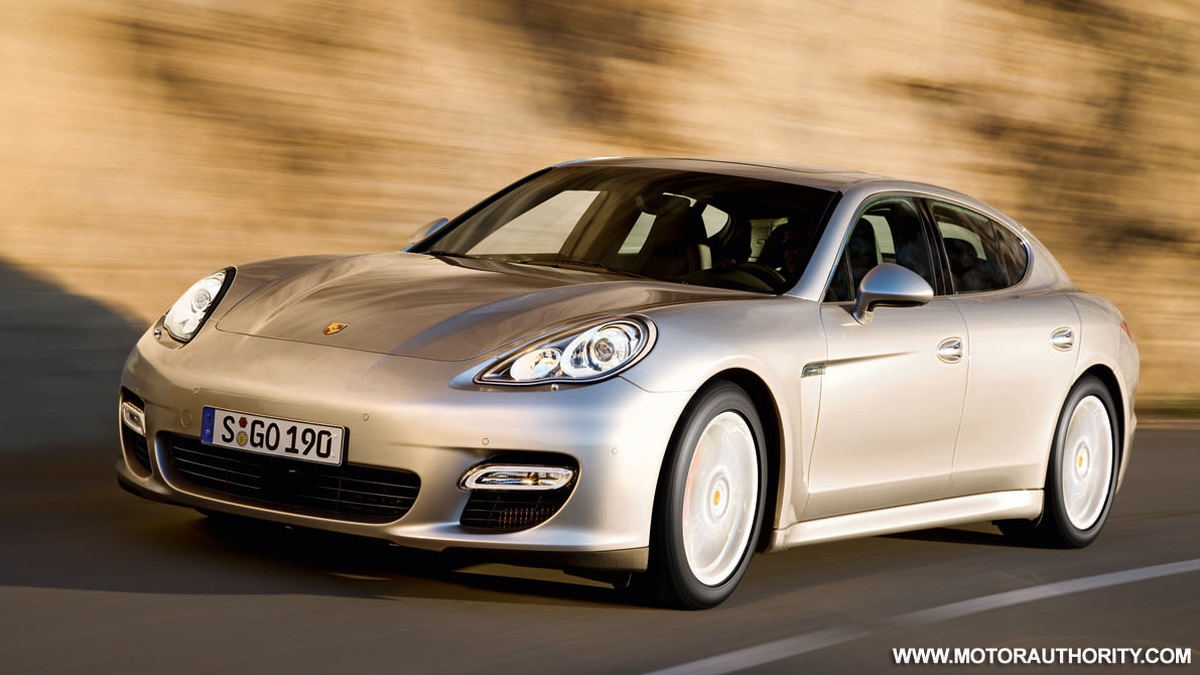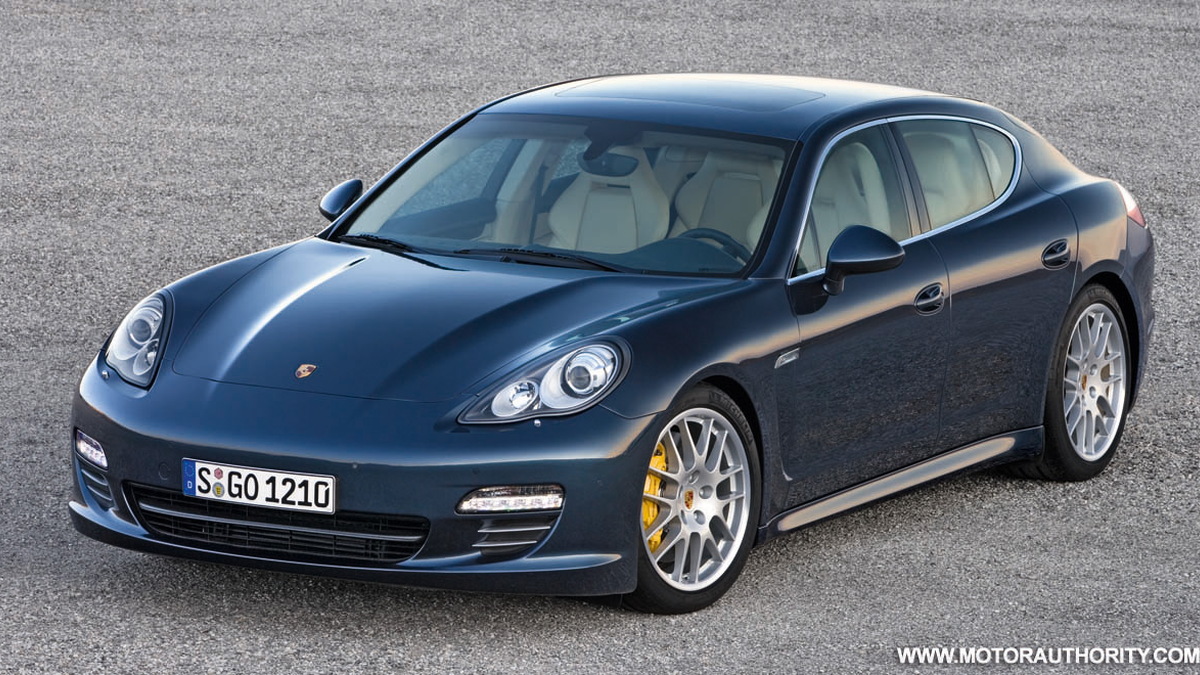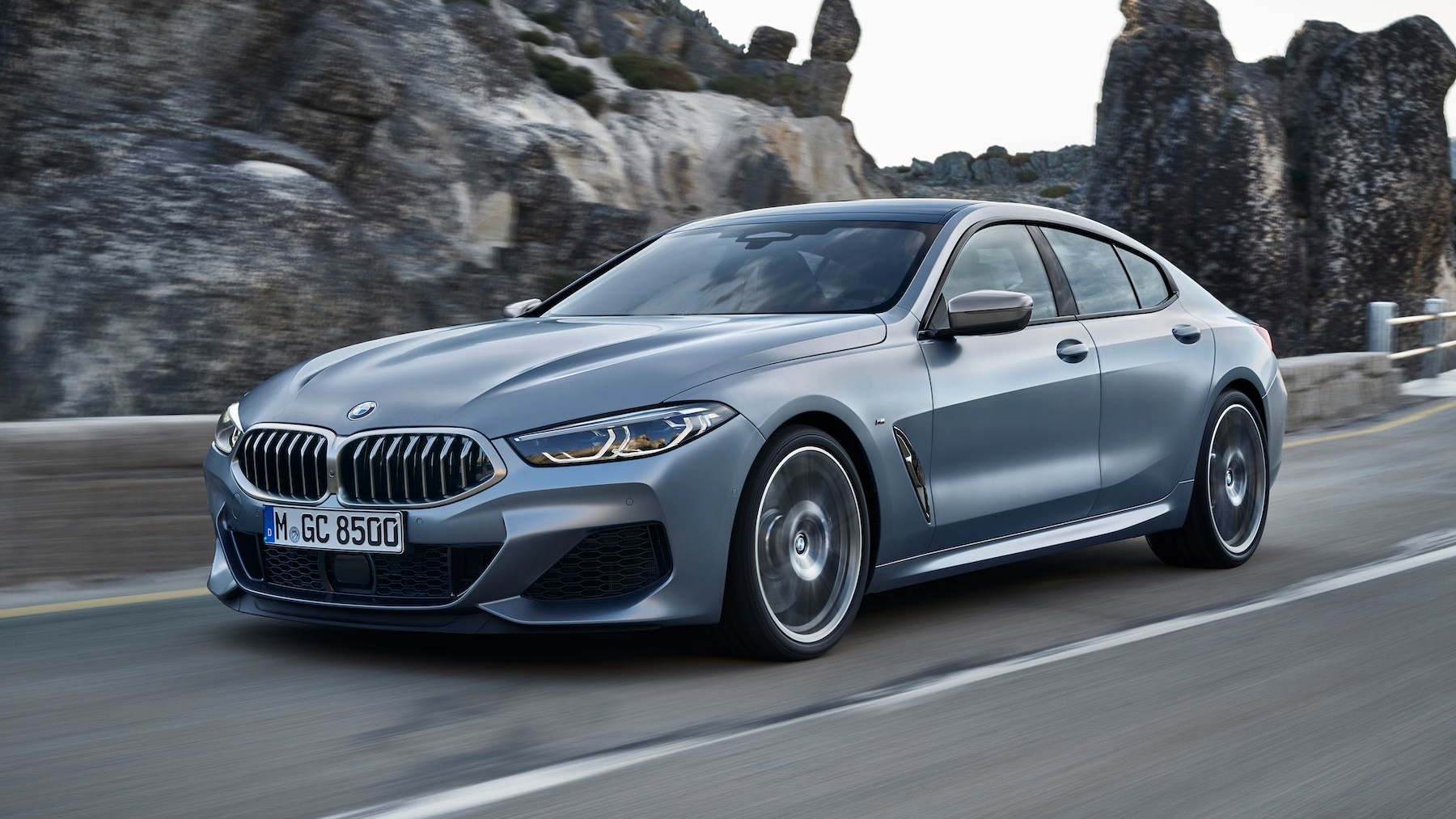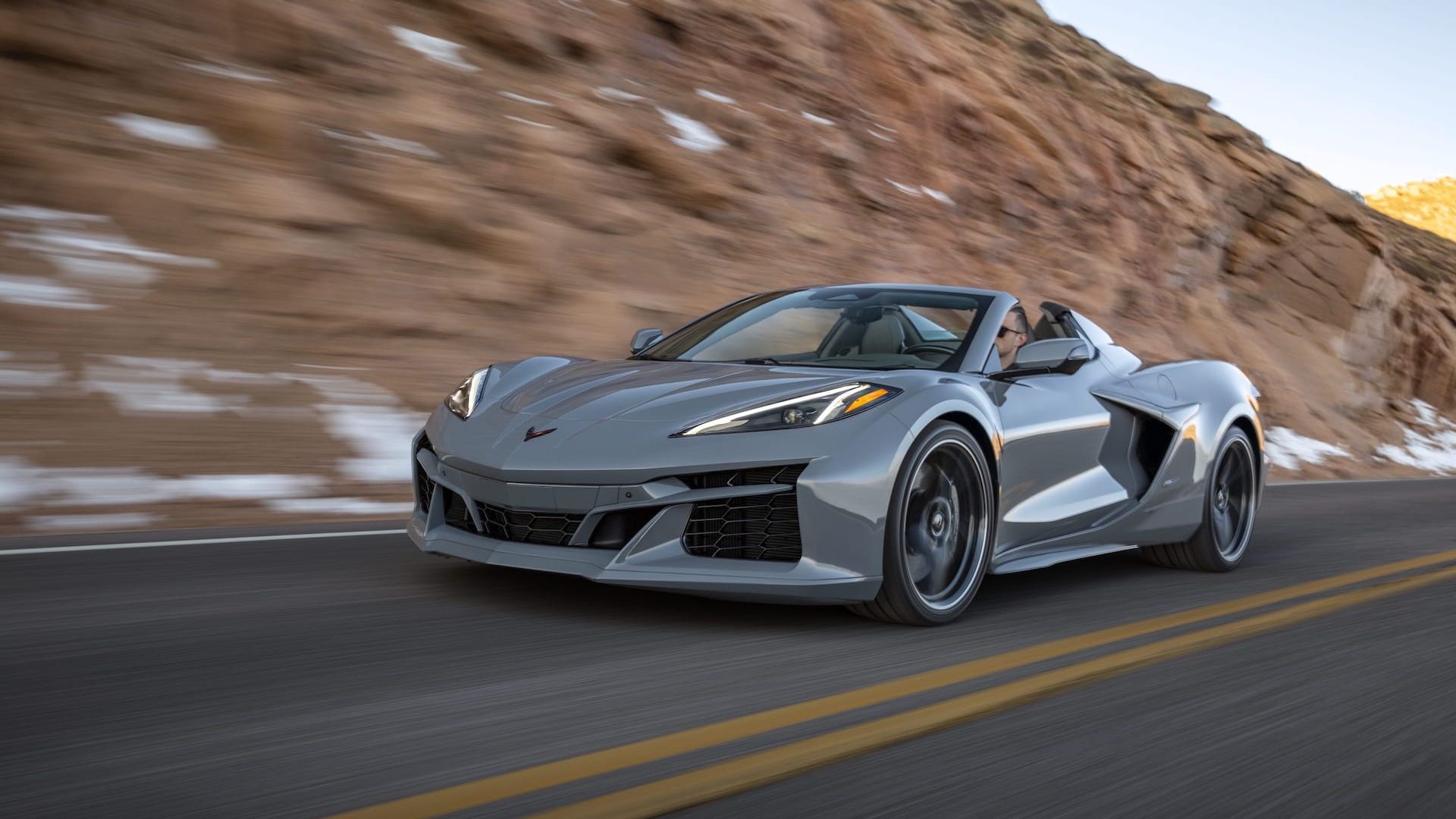North America saw the biggest slump, with sales for the first six months of the current financial year ending at 11,850 units – down from 16,209 for the same period one year ago.
While the news is by no means positive, Porsche is in the unique position that it earns more income from its dealings in financial markets than it does from manufacturing and selling cars. For the previous financial year, Porsche managed to report a profit of $17.05 billion on revenues of $13.3 billion.
The vast majority of this profit came from Porsche's trading in Volkswagen options, with $8.7 billion coming from this alone, and another $1.27 billion coming from increases in the value of VW share price. Porsche currently owns 50.8% of Volkswagen's voting stock and fully intends to lift this to 75% when economic conditions brighten.
Speaking at the company’s annual general meeting today, CEO Wendelin Wiedeking said that “special factors involved in the investment in VW” would see Porsche’s overall earnings go even higher this year. Despite this, the company plans to cut costs by more than $130 million and halt production in its main Zuffenhausen plant to reduce its capacity.
Even with the slumping demand, Porsche’s new model onslaught keeps on coming. The company just took the covers off the facelifted 911 GT3 and in April it plans to debut the all-new Panamera sedan.
